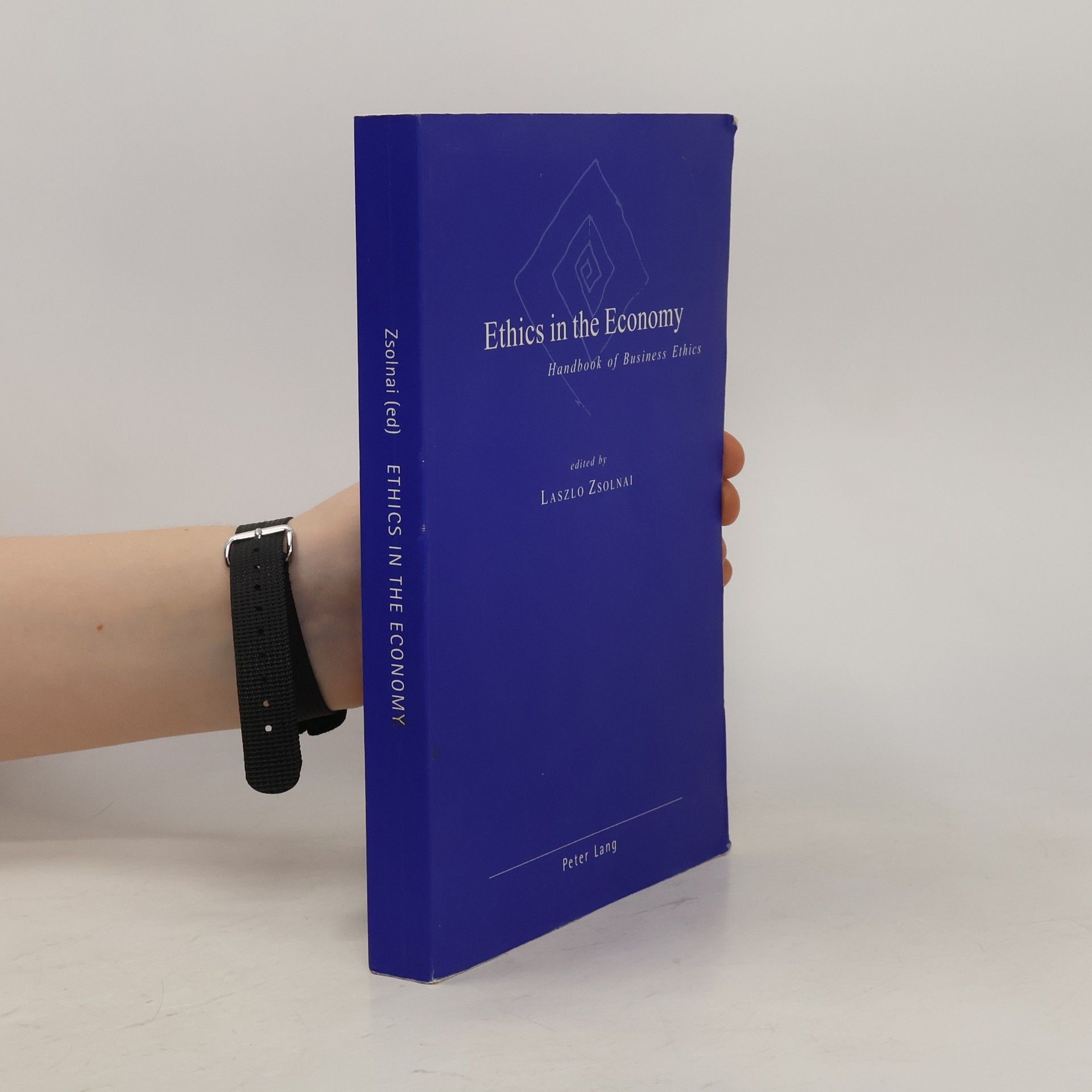Ethics, Meaning, and Market Society
- 94pages
- 4 heures de lecture
Focusing on the interplay between ethics and market society, this book explores critical themes relevant to economics, business, ecology, and social dynamics. It serves as a resource for advanced students, academics, and professionals, providing insights into ethical considerations in contemporary issues. The text aims to foster a deeper understanding of the moral implications of market practices and their impact on society, making it a valuable contribution to the discourse on ethics in various fields.

